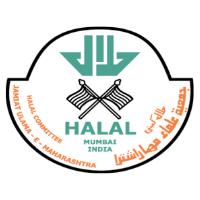What is Halal License?
Halal certification states that the food or the products are permissible for the followers of Islam and no haram product or procedure is used while its manufacturing or processing. In many Islamic countries, Halal certification is given by the government. In India, FSSAI (Food Safety and Standards Authority of India) certification can be seen on almost all the processed foods but this authority doesn�t give halal certification in India. Halal certification is given by many private companies in India which marks the food or products permissible for the followers of Islam.
Why this License is Required?
Having a halal License ensures that the food product is deemed safe for consumption and with rising awareness about Halal foods, more and more businesses are seeking Halal Certification for their products, premises, restaurants, etc.
Who can get Halal License?
Food Growers
Food Processors
Food Transporters
Food Retailers
Halal Restaurants
Food Packagers
Food Manufactures
Food Storage
Document Required for Halal License
- Application Form
- List of Products & their Ingredient
- Halal certificate ingredient if required
- Process flow chart
- KYC of company
- Label Sample
- Supplier NOC copy
Role of Shamkris and Process of Halal License
Shamkris adopts a results-oriented approach to compliance with mandatory licence requirements in the organization. A simple and guidance methodology help organisation to achieve licence in a timely manner and cost-effective. Shamkris support 100% in advisory, Guidance, Compliance with respect to license requirements to obtain approval.
The License process described below:
- GAP Analysis | Certification Body | Selection | Cost Estimates
- Developing Documents
- Plan Inspection
- Certification Body
- Yearly Compliance

